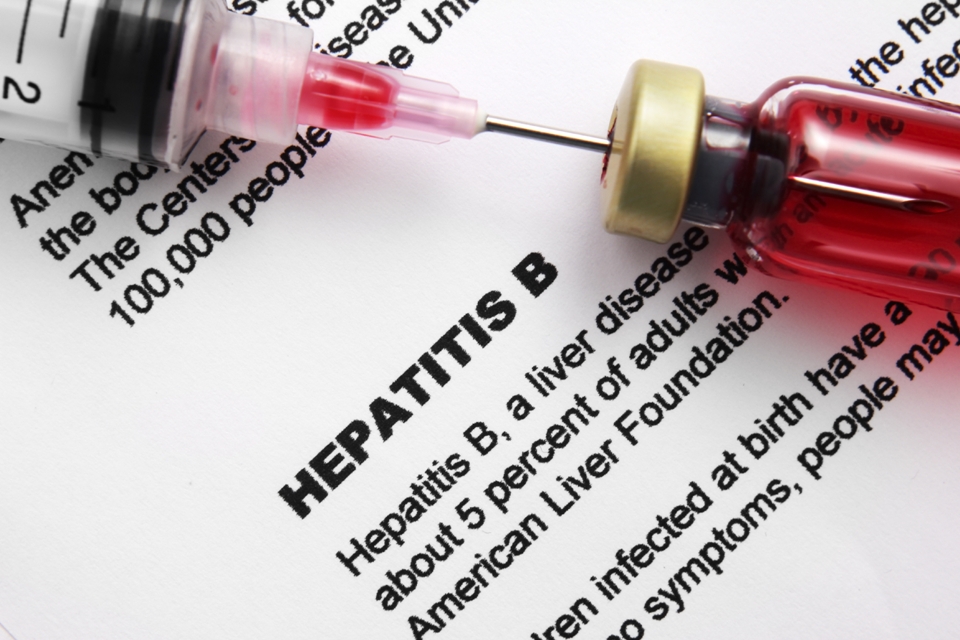Understanding Hepatitis B Profile Result
Written By Assandoh-Mensah Prince in 2018
Hepatitis B Profile plays an important role in detection, classification, and management of Hepatitis B infection. It involves measurement of several hepatitis B virus (HBV)-specific antigens and antibodies.
Different markers or combinations of markers are used to identify different phases of Hepatitis B Virus infection and to determine whether a patient has acute or chronic HBV infection, is immune to Hepatitis B Virus as a result of prior infection or vaccination, or is susceptible to infection.
Components of the Hepatitis B Virus
The Hepatitis B virus is the causative organism for the Hepatitis B infection. It is a DNA virus composed of the following antigenic particles:
- Hepatitis B core antigen (HBcAg) – This is an antigenic material in an inner core
- Hepatitis B surface antigen (HBsAg) – This is an antigenic material on the viral surface, a marker of active replication and infection
- Hepatitis B e-antigen (HBeAg)—an independent protein circulating in the blood
- Hepatitis B x-antigen (HBxAg) —gene product of X gene of HBV DNA
Each antigen elicits its specific antibody which becomes a marker for different stages of the disease process. The following are their respective antibodies:
Anti-HBc / HBcAb is an antibody to HBcAg
Anti-HBs / HBsAb is an antibody to HBsAg
Anti-HBe / HBeAb is an antibody to HBeAg
Anti-HBxAg is an antibody to HBxAg
The Result
The result may be presented as Positive/Reactive or Negative/Non-Reactive as shown in the picture below. Positive or Reactive indicates antibody or antigen detectable in the serum (blood) whiles negative or Non-Reactive indicates antibody or antigen is undetectable in the serum (blood).
HBsAg
The presence of HBsAg indicates that the person is infectious: in acute or chronic hepatitis B or carrier state. Persistence of HBsAg after 6months indicates carrier or chronic state.
HBsAb
Its presence indicates prior exposure and immunity to hepatitis. It may also indicate passive antibody from Hepatits B Immune Globulin (HBIG – Booster) or immune response from hepatitis B vaccine.
HBeAg
Its presence indicates highly infectious stage of hepatitis B. Also persistence in serum indicates progression to chronic hepatitis B infection.
HBeAb
Its presence usually signifies reduced infectivity
HBcAg
Found in liver cells and not easily detected in serum
Anti-HBc
Most sensitive indicator of hepatitis B and appears late in the acute phase of the disease. Its presence indicates infection of HBV at some time in the past.
Anti-HBxAg
Its presence may indicate ongoing replication of Hepatitis B Virus
Note that Hepatitis testing and treatment is not based on any single marker. It involves simultaneous interpretation of all serologic markers, HBV DNA, and liver enzymes.
REFERENCE
Hinkle, J. L. (2014). Brunner & Suddarth’s textbook of medical-surgical nursing (Edition 13.). Philadelphia: Wolters Kluwer Health/Lippincott Williams & Wilkins.
Lewis, S.L., Dirksen, S.R., Heitkemper, M.M., & Bucher, L. (2014). Medical-Surgical Nursing: Assessment and Management of Clinical Problems (9th ed.). St. Louis: Elsevier
Mekaroonkamol, P. (2014). Hepatitis B Test. Retrieved 9th March, 2018 from https://emedicine.medscape.com/article/2109144-overview#showall
Osei, E., Lokpo, S. Y., & Agboli, E. (2017). Sero-prevalence of hepatitis B infection among blood donors in a secondary care hospital, Ghana (2014): a retrospective analysis. BMC Research Notes, 10, 391. http://doi.org/10.1186/s13104-017-2733-3
Sommers, M. S. (2011). Diseases and disorders: A nursing therapeutics manual. Philadelphia: F.A. Davis Co.
Williams, L.S. & Hopper, P.D. (2011). Understanding medical surgical nursing. Philadelphia, Pa. :F.A. Davis
World Health Organisation. (July 2017). Hepatitis B. Fact Sheet. Retrieved 8th March, 2018 from http://www.who.int/mediacentre/factsheets/fs204/en/




